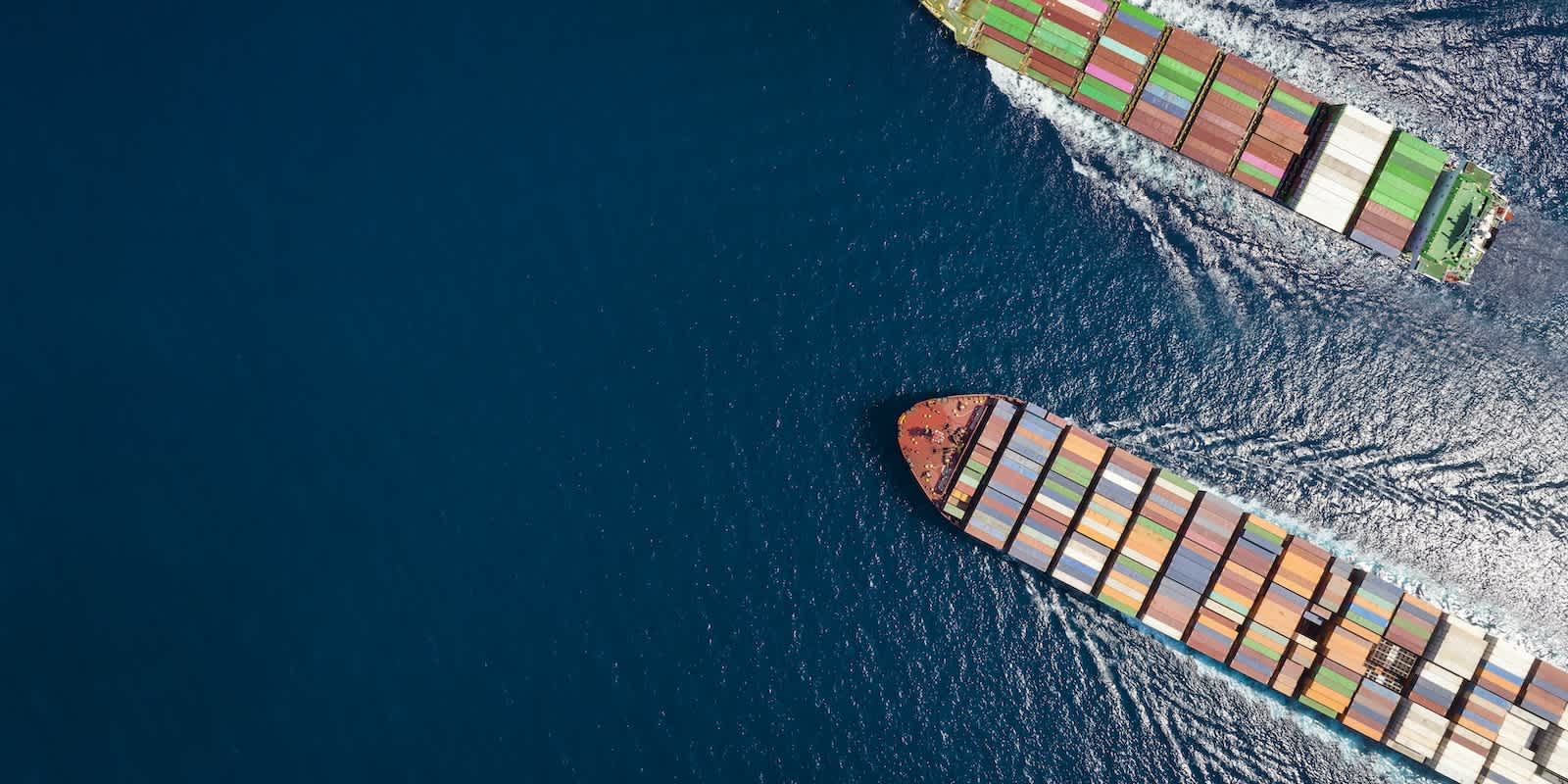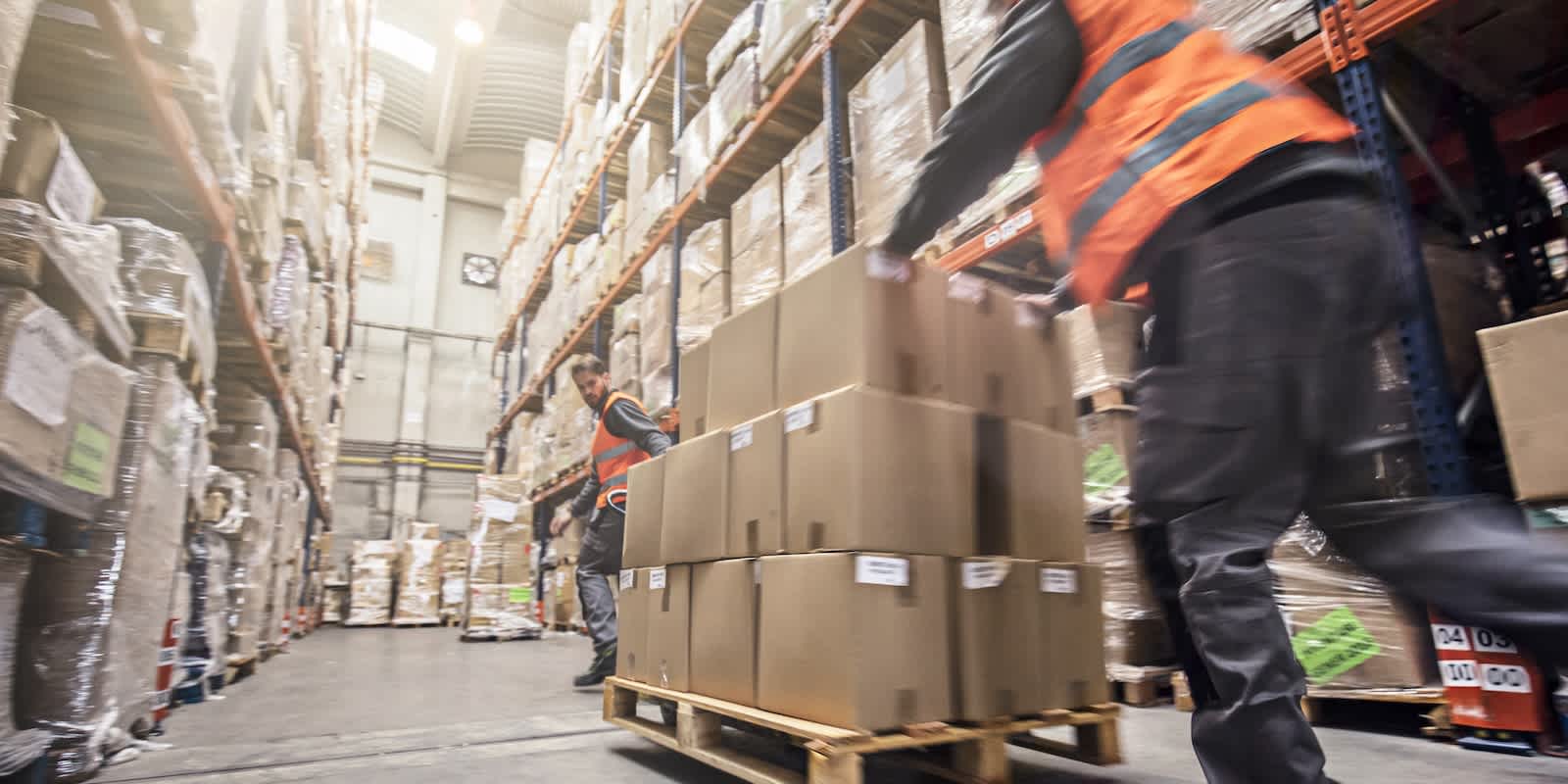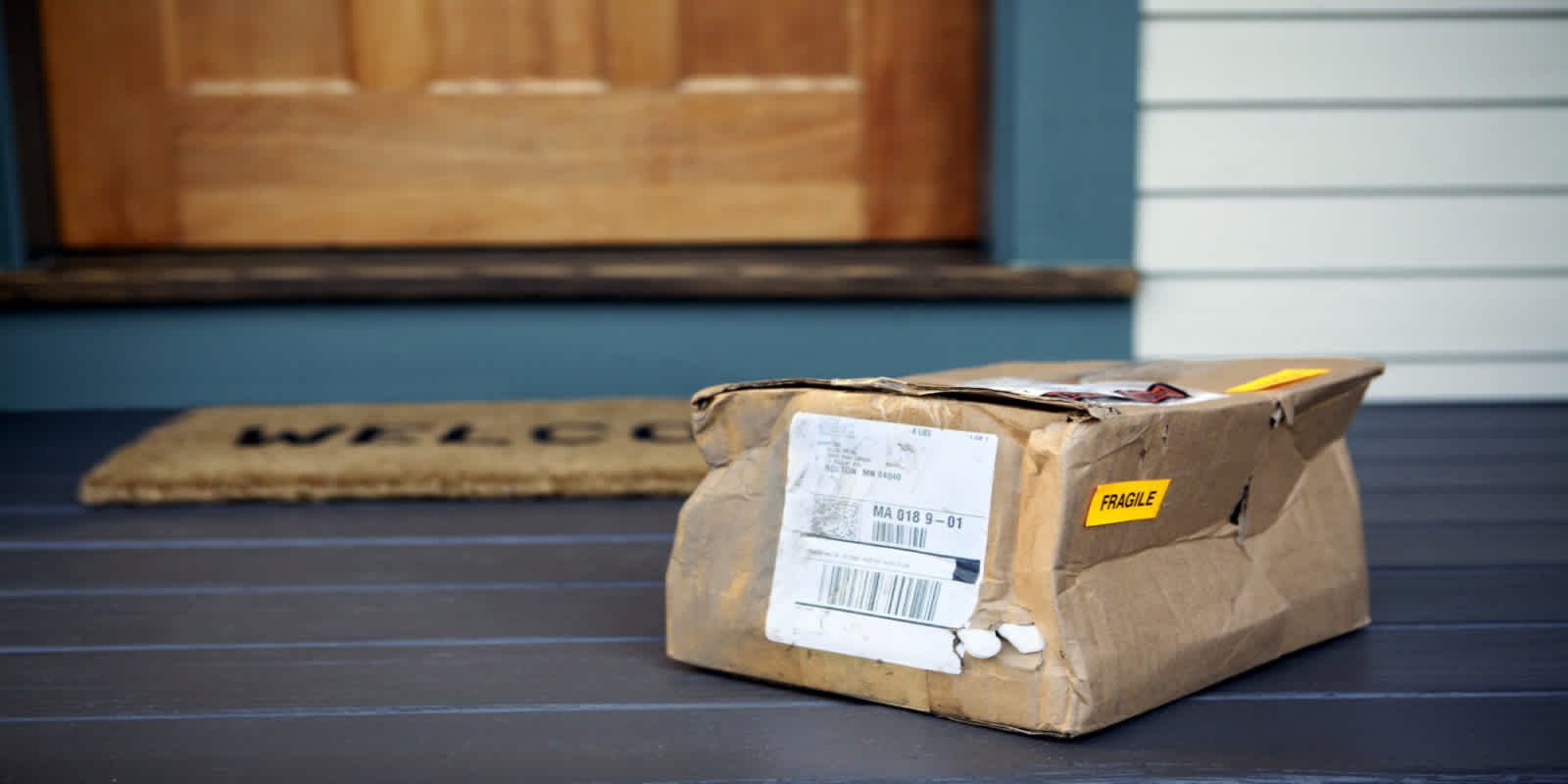
25.08.2023
Cargo Insurance: Protect Yourself Against Cargo Loss
Cargo Insurance: Protect Yourself Against Cargo Loss
Any company that ships goods by ocean freight needs to be aware of the risks associated with cargo loss. According to a report by the World Shipping Council, an average of 1,382 containers were lost at sea between 2018 and 2019. However, in recent years, there have been significant incidents where hundreds or even thousands of containers have been lost in a single event. This trend is alarming for smaller businesses that rely on the safe transportation of their goods, as the loss of even a single container can result in catastrophic financial losses and disruption to their supply chains.
Factors Contributing to the Rise in Cargo Losses at Sea
While the majority of damage and theft occur while goods are moved in and out of ports and warehouses, the trip across the vast oceans is not without peril. One of the main causes of container loss at sea is rough weather conditions, such as typhoons and hurricanes. These natural disasters can cause containers to fall off ships or cause damage to the vessels themselves, leading to the loss of the containers and their contents.
The Containers Lost at Sea Report by the World Shipping Council (WSC) for the years 2020-2021 indicates that the proportion of containers lost overboard represent less than 1%. However, the past two years have seen a worrying break in the downward trend for losses, with the average number of containers lost at sea per year since the start of the survey increasing by 18% to 1,629.
Another contributing factor is human error, such as improper packing or loading of containers, or the inadequate maintenance of ships and their cargo handling equipment.
Cargo Insurance: Protect Your Assets
Purchasing cargo insurance is especially important for small and medium-sized businesses, as they may not have the financial resources to absorb the loss of goods and carriers often limit their liability. It's also a good idea for businesses that are shipping high-value or specialized items, as these are more prone to loss and may not be covered under a standard insurance policy.
Another reason to consider cargo insurance is the increasing complexity of supply chains. Globalization has led to the growth of multi-modal transportation, with goods being shipped by sea, air, and land. This complexity increases the potential for risk of loss or damage to goods, making it even more important to have a comprehensive insurance policy in place.
Cargo Insurance: One Size May Not Fit All
It's important for businesses to carefully consider their insurance needs and choose a policy that meets their specific requirements.
There are a couple of major factors to consider here. First, there are two main types of cargo insurance: "all-risk" cargo insurance coverage and "named-peril" coverage. All-risk coverage provides broad protection against almost any loss or damage to the goods, regardless of the cause. Named-peril coverage, on the other hand, only covers specific risks that are listed in the policy.
Another factor to consider is the policy limits. It's important to choose a policy with limits that are sufficient to cover the value of the goods being shipped, otherwise you could end up on the hook for the difference. It's also a good idea to consider purchasing an "overlimit" endorsement, which provides additional cargo insurance coverage above the policy limits for extra peace of mind.
Finally, it's important to carefully review the policy exclusions and limitations. Some cargo insurance policies may exclude certain types of goods.
To find out more about insurance available through Flexport Insurance Solutions, please reach out to our team of licensed experts today.
Insurance is offered through Flexport Insurance Solutions, LLC ("FIS"), a licensed insurance producer (Illinois License No. 3001047128, California License No. 6001029). Insurance is not available in all countries. Check with a licensed FIS representative for availability. For term coverage, FIS acts as an insurance broker and seeks quotes from multiple insurance carriers with A.M. Best ratings of “A” or higher who actually underwrite and issue coverage. Per shipment coverage is underwritten and issued by Navigators Insurance Company.
The contents of this blog are made available for informational purposes only and should not be relied upon for any legal, business, or financial decisions. We do not guarantee, represent, or warrant the accuracy or reliability of any of the contents of this blog because they are based on Flexport’s current beliefs, expectations, and assumptions, about which there can be no assurance due to various anticipated and unanticipated events that may occur. This blog has been prepared to the best of Flexport’s knowledge and research; however, the information presented in this blog herein may not reflect the most current regulatory or industry developments. Neither Flexport nor its advisors or affiliates shall be liable for any losses that arise in any way due to the reliance on the contents contained in this blog.






